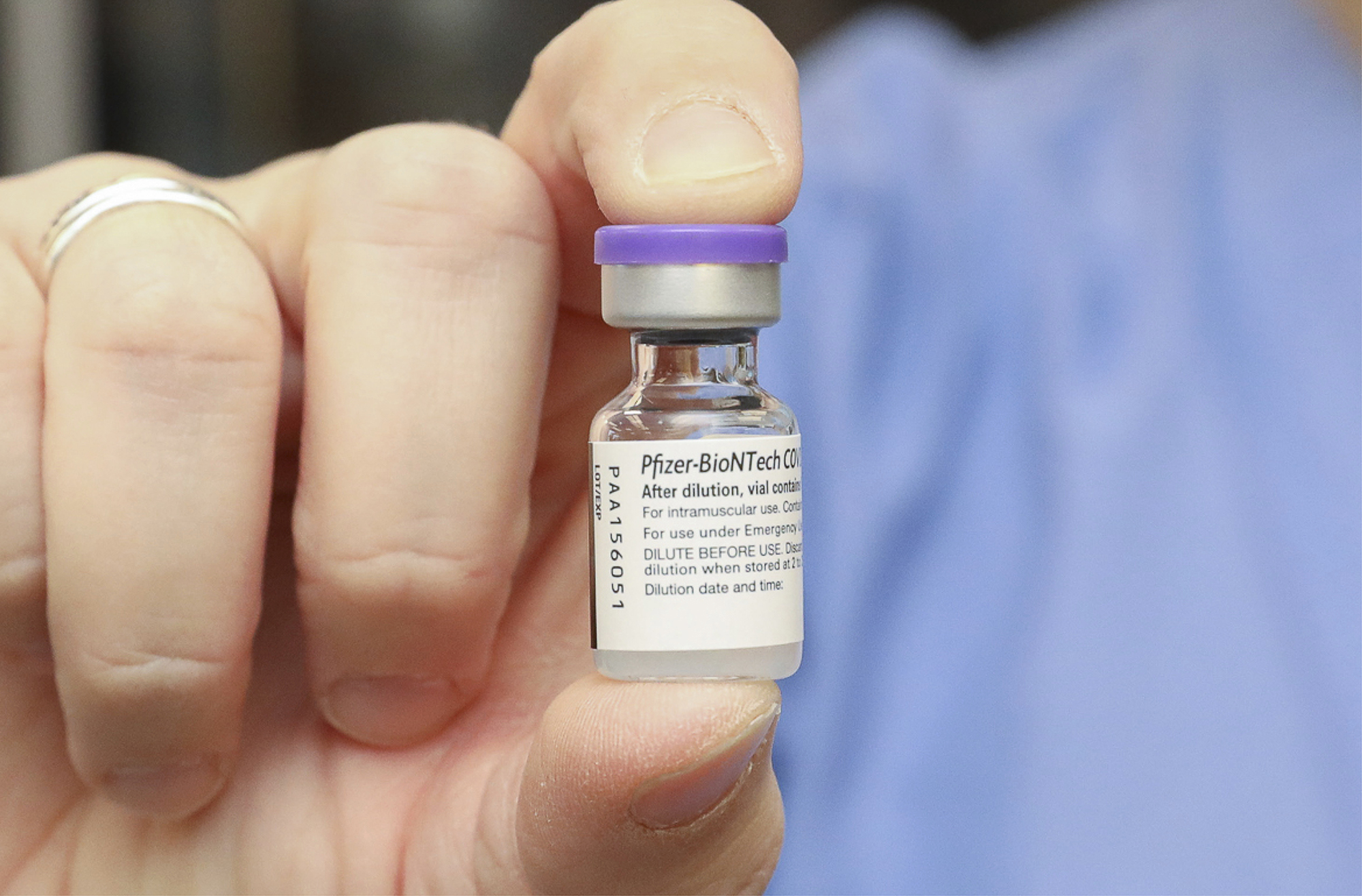Americans have less confidence in vaccines to address a variety of illnesses than they did just a year or two ago, and more people accept misinformation about vaccines and COVID-19, according to the latest health survey from the Annenberg Public Policy Center (APPC).
The survey, conducted in October 2023 with a panel of over 1,500 U.S. adults, finds that the number of Americans who think vaccines approved for use in the United States are safe dropped to 71% from 77% in April 2021. The percentage of adults who don’t think vaccines approved in the U.S. are safe grew to 16% from 9% over that same two-and-a-half-year period.
Despite concerted efforts by news organizations, public health officials, scientists, and fact-checkers (including APPC’s project FactCheck.org) to counter viral misinformation about vaccination and COVID-19, the survey finds that some false or unproven claims about them are more widely accepted today than two to three years ago. Although the proportion of the American public that holds these beliefs is, in some cases, still relatively small, the survey finds growth in misinformation acceptance across many questions touching on vaccination.
“There are warning signs in these data that we ignore at our peril,” says Kathleen Hall Jamieson, director of the Annenberg Public Policy Center and director of the survey. “Growing numbers now distrust health-protecting, life-saving vaccines.”
The survey results find that less than two-thirds of Americans think is it safer to get the COVID-19 vaccine than the COVID-19 disease, a decline from 75% in April 2021. Over a quarter incorrectly think ivermectin is an effective treatment for COVID-19, up dramatically from 10% in September 2021. Additionally, a small but growing number believe that “increased vaccines are why so many kids have autism these days,” up from 10% in April 2021. And lastly, when asked when they expected to return to their normal, pre-COVID life, two-thirds say they already have. Three-quarters say they never or rarely wear a mask or face covering.
Read more at Annenberg Public Policy Center.








